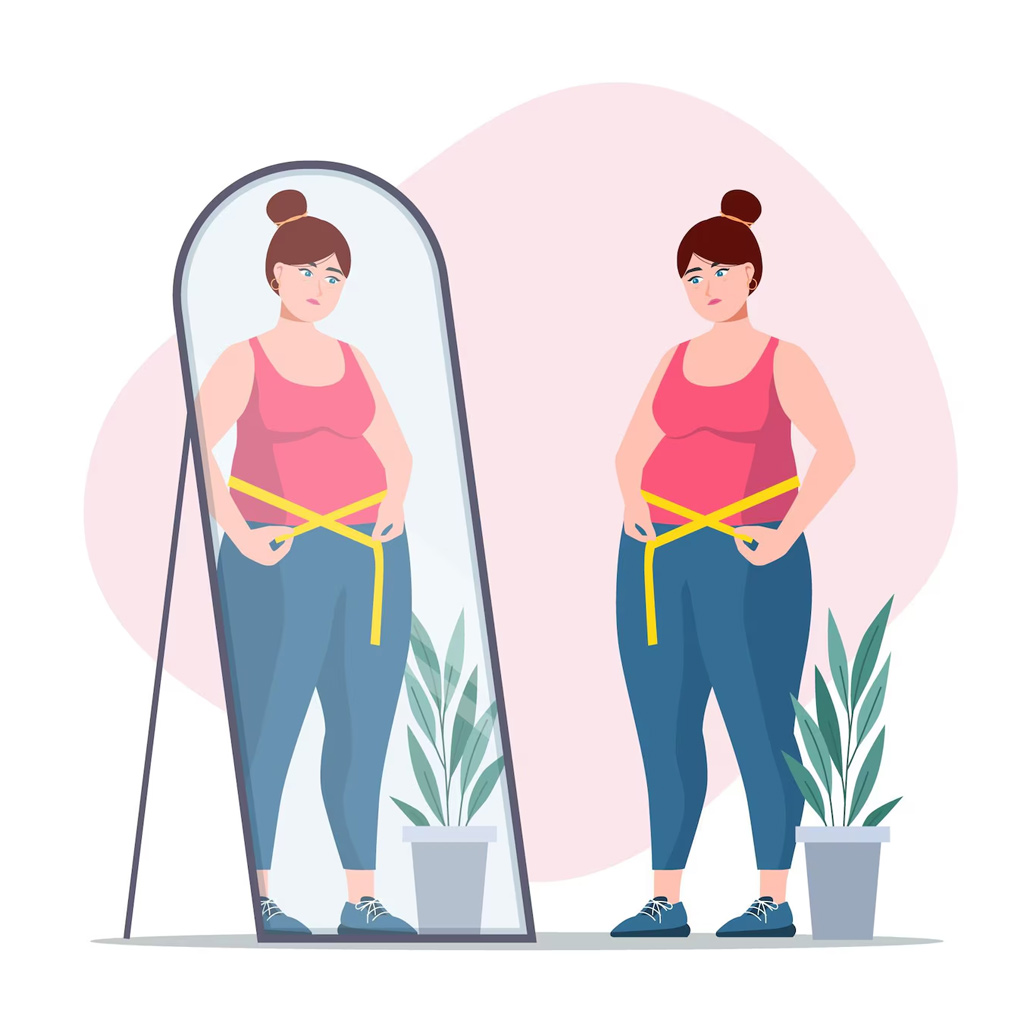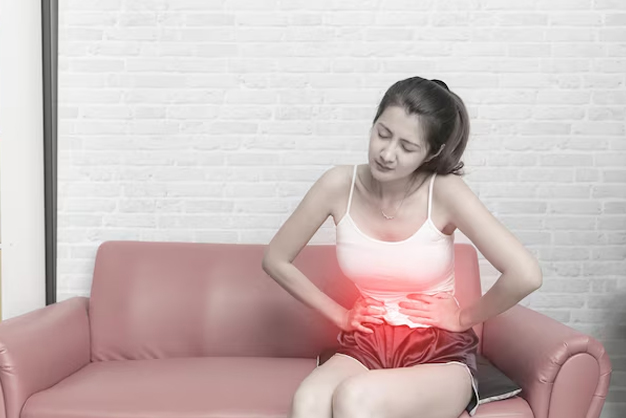Normally, a woman attains menopause between ages 45-55. This natural biological process marks the end of menstrual cycles. During this time, due to hormonal changes- specifically decreased estrogen levels- various emotional and physical symptoms can occur. However, thanks to the modern urban fast-paced lifestyles, women in their late 30s and early 40s are attaining menopause already. Called the premature menopause, it is affecting a woman’s reproduction capabilities before time, admittedly a grave phenomenon happening in recent times. Dr Mani Kapur, Obstetrician-Gynaecologist, Healing Touch Hospital tells us more on this.
Causes of Early Menopause
While genetic reasons may cause premature or early menopause, there are other factors, too, which are intricately connected to our modern lifestyles. Things like chronic stress, environmental toxins, and changes in diet have surely fastened the progression. Dr Mani Kapur says the onset of menopause signifies the beginning of a woman's reproductive years.

However, early menopause is not just about no more menstruation. It has “major ramifications on health, fertility, mental well-being, and the risk of developing chronic illnesses later in life,” she adds.
The kind of living the urban crowd does, coupled with sedentary life, junk food diets, and too much time on screens, are taking a woman’s health in general for a ride.
“Throw in late marriages, fewer kids, smoking, and unregulated exposure to endocrine-disrupting chemicals (from plastics, cosmetics, and packaged foods), and you have a near-perfect recipe for hormonal disruptions,” Dr Kapur points out.
Don't Miss:Menopause: What Is It, Risk Factors, Role of Hormone Replacement Therapy, And More
Due to stress and other lifestyle challenges, “weight fluctuations, thyroid disorders, and autoimmune conditions are developed as additional common causes of early ovarian dysfunction,” she adds, while highlighting that poor sleep and vitamin D intake (mainly among women who spend the better part of their days indoors) are other primary factors that contribute to declining reproductive health of a woman.
Health Risks of Early Menopause
As for the health risks associated with early menopause, Dr Kapur reveals shocking insights. She says that even though estrogen is a hormone “required for reproduction,” it is equally necessary “for maintaining bone density, heart function, and brain functioning.”
This is why early depletion of estrogen puts one at risk of developing:
- Osteoporosis
- Cardiovascular diseases
- Cognitive decline
- Mood disorders
- Metabolic syndromes

Now, the doctor advises women to listen to their bodies and not ignore the early symptoms like:
- Irregular menstruation
- Hot flashes
- Vaginitis
- Fatigue
- Mood swings
Mistaking these signs as signs of stress or work burnout can result in “a delayed diagnosis with grave long-term pathological consequences,” she warns.
Preventive Measures Urban Women Can Take
Women in their 30s and 40s can take a few preventive measures to ensure they don’t have premature menopause. Some of them are:
- Consult a gynaecologist if you experience irregular cycles or unexplained symptoms.
- Can undergo hormone-level assessments of FSH, AMH, or estradiol.
- Consider undertaking screening for bone mineral density and vitamin D.
- Support oneself nutritional wise and have foods rich in calcium, vitamin D, magnesium, omega-3 fatty acids.
- Sufficiencies of phytoestrogen from flaxseeds, soy, and legumes are worthy inclusions.
- Exercise.
- Manage stress.
- Undergo regular checkups.
“In some cases of early menopause, Hormone Replacement Therapy (HRT) may be useful but should be weighed, considering the risks and benefits, under proper clinical supervision,” Dr Kapur advises.
With the right awareness and knowledge in place, women can combat their hormonal issues. “Early menopause may bear the semblance of a silent intruder, but neither is it irreversible in all instances, nor is it unmanageable. Urban women need to be empowered with the right information, screenings, and lifestyle options to safeguard their hormonal health. Let's not permit our fast-paced life to outrun our health clock,” wraps up r Mani Kapur, Obstetrician-Gynaecologist, Healing Touch Hospital.
If you liked the story, please share it. For more such articles, stay tuned to HerZindagi.

Take charge of your wellness journey—download the HerZindagi app for daily updates on fitness, beauty, and a healthy lifestyle!
Comments
All Comments (0)
Join the conversation